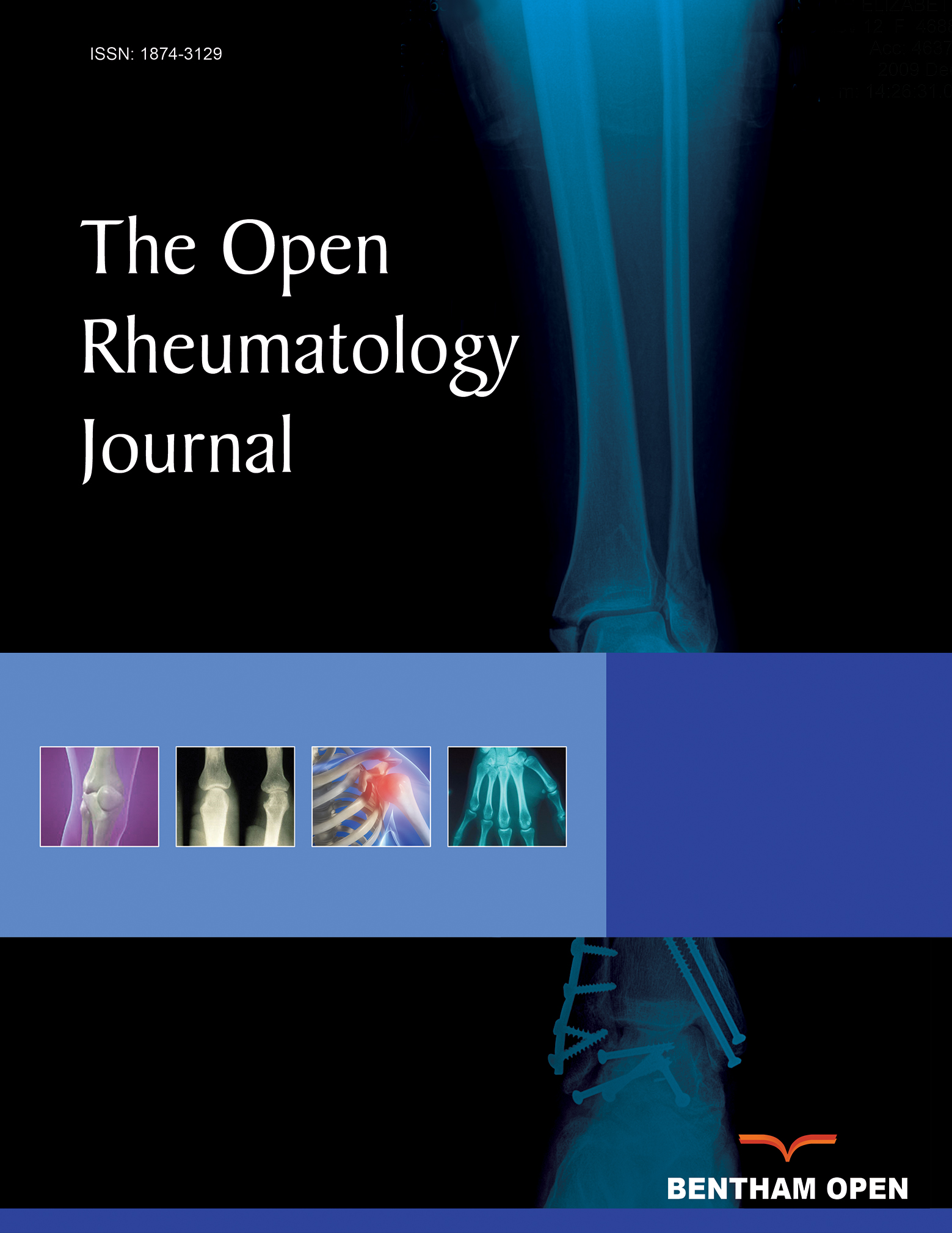All published articles of this journal are available on ScienceDirect.
Baricitinib in Rheumatoid Arthritis – Real World Cross-Sectional Study
Abstract
Introduction:
Rheumatoid Arthritis (RA) is the most common cause of inflammatory polyarthritis. In RA, increased circulating levels of pro-inflammatory cytokines contribute to the overall symptomatology of fatigue, pain, and joint stiffness. Baricitinib is an orally administered biologic DMARD, used in RA patients, inhibiting signaling via JAK1/JAK2 inhibition, reducing the release of pro-inflammatory cytokines.
Objective:
To explore the efficacy and tolerability for baricitinib in a local population.
Methods:
A cross-sectional study was carried out to review data of RA patients on Baricitinib from the researchers’ own clinic, since its approval in August 2017. The data was collected from an anonymized electronic patient records report. The clinical response was then classified into mild, moderate, and significant improvement.
Results and Discussion:
Overall, 27 out of 37 patients (72.9%) showed clinical improvement with baricitinib. In 9(24.3%) out of 37 patients, the dose had to be reduced to either 2mg/day or 2mg/day - 4mg/day on alternate days. In four of the 9 patients’ where the dose was reduced due to infections (UTI or sinuses), they subsequently experienced fewer infections while maintaining moderate improvement in their RA.
Conclusion:
There is a need for longer-term and larger studies to evaluate the full side effects profile of baricitinib in the local population.


